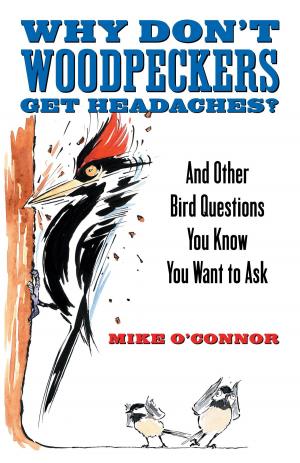Homo Ludens
A Study of the Play-Element in Culture
Nonfiction, Computers, Entertainment & Games, Game Programming - Graphics, Health & Well Being, Psychology, Social Psychology, Social & Cultural Studies, Social Science, Anthropology| Author: | Johan Huizinga | ISBN: | 9780807097090 |
| Publisher: | Beacon Press | Publication: | June 1, 1971 |
| Imprint: | Beacon Press | Language: | English |
| Author: | Johan Huizinga |
| ISBN: | 9780807097090 |
| Publisher: | Beacon Press |
| Publication: | June 1, 1971 |
| Imprint: | Beacon Press |
| Language: | English |
In Homo Ludens, the classic evaluation of play that has become a “must-read” for those in game design, Dutch philosopher Johan Huizinga defines play as the central activity in flourishing societies. Like civilization, play requires structure and participants willing to create within limits. Starting with Plato, Huizinga traces the contribution of Homo Ludens, or “Man the player” through Medieval Times, the Renaissance, and into our modern civilization. Huizinga defines play against a rich theoretical background, using cross-cultural examples from the humanities, business, and politics. Homo Ludens defines play for generations to come.
"A happier age than ours once made bold to call our species by the name of Homo Sapiens. In the course of time we have come to realize that we are not so reasonable after all as the Eighteenth Century with its worship of reason and naive optimism, though us; "hence moder fashion inclines to designate our species asHomo Faber: Man the Maker. But though faber may not be quite so dubious as sapiens it is, as a name specific of the human being, even less appropriate, seeing that many animals too are makers. There is a third function, howver, applicable to both human and animal life, and just as important as reasoning and making—namely, playing. it seems to me that next to Homo Faber, and perhaps on the same level as Homo Sapiens, Homo Ludens, Man the Player, deserves a place in our nomenclature. "—from the Foreward, by Johan Huizinga
In Homo Ludens, the classic evaluation of play that has become a “must-read” for those in game design, Dutch philosopher Johan Huizinga defines play as the central activity in flourishing societies. Like civilization, play requires structure and participants willing to create within limits. Starting with Plato, Huizinga traces the contribution of Homo Ludens, or “Man the player” through Medieval Times, the Renaissance, and into our modern civilization. Huizinga defines play against a rich theoretical background, using cross-cultural examples from the humanities, business, and politics. Homo Ludens defines play for generations to come.
"A happier age than ours once made bold to call our species by the name of Homo Sapiens. In the course of time we have come to realize that we are not so reasonable after all as the Eighteenth Century with its worship of reason and naive optimism, though us; "hence moder fashion inclines to designate our species asHomo Faber: Man the Maker. But though faber may not be quite so dubious as sapiens it is, as a name specific of the human being, even less appropriate, seeing that many animals too are makers. There is a third function, howver, applicable to both human and animal life, and just as important as reasoning and making—namely, playing. it seems to me that next to Homo Faber, and perhaps on the same level as Homo Sapiens, Homo Ludens, Man the Player, deserves a place in our nomenclature. "—from the Foreward, by Johan Huizinga















